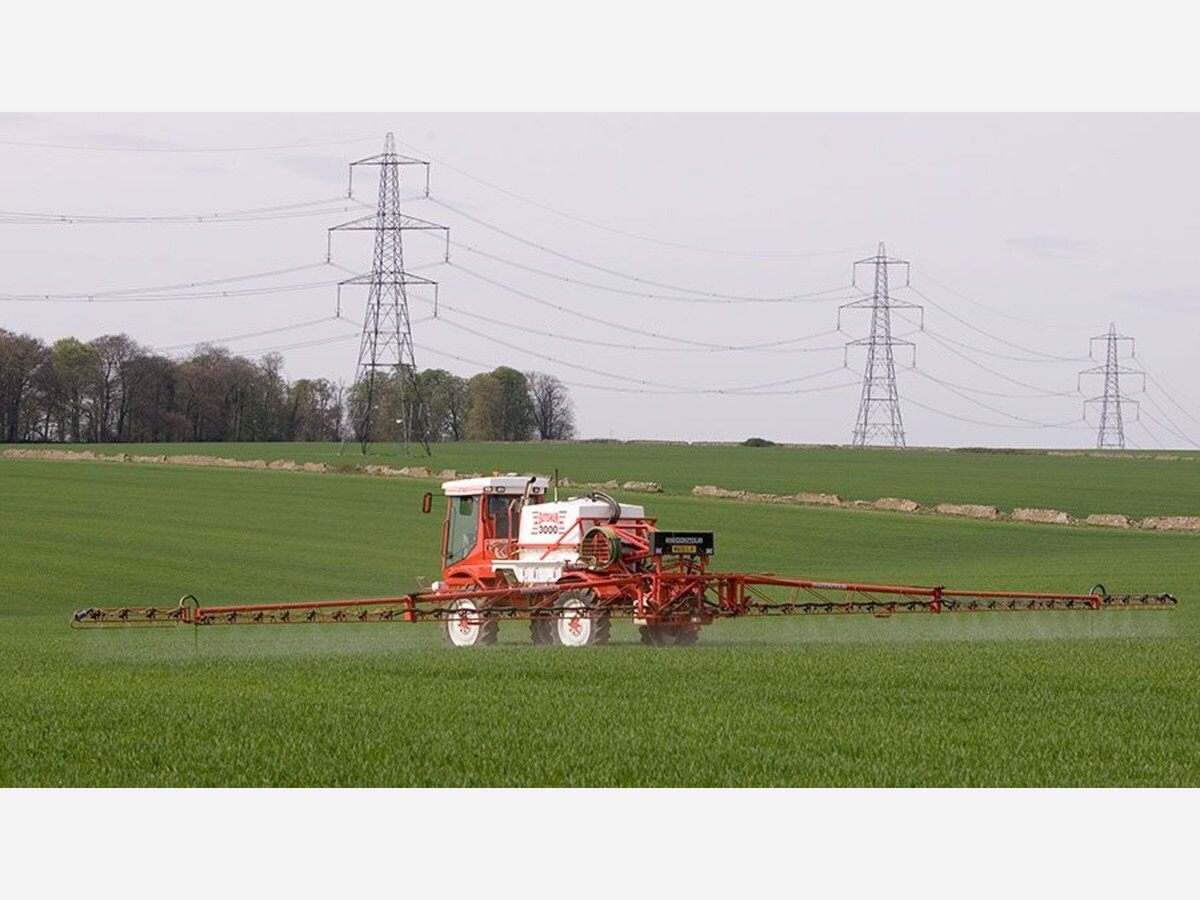Image

Md. farmers balk at proposed lines
By Jonathan Cribbs, americanfarm.com

Greg Horner, owner of Deep Run Farms in Hampstead, Md., stands in one of his cornfields against a backdrop that may eventually include a 500,000-volt transmission line stretching 70 miles from Pennsylvania to Virginia, part of a larger series of upgrades to the region’s energy grid due to growing energy demands. The proposed line would cross through a series of fields owned by his family, many of which have been agriculturally preserved, he said. (Photo by Jonathan Cribbs)
Maryland farmers in Baltimore, Carroll and Frederick counties are protesting a proposed high-voltage transmission line that would run from Pennsylvania to Virginia, requiring easements from rural land along the way.
Public Service Enterprise Group held a series of heavily attended public meetings in all three counties this month, detailing its plans to erect a 70-mile, 500,000-volt transmission line needed to satisfy growing energy demand across the region.
“At first I thought, ‘Ah, they’re not going to put (those lines) here,’ and then I realized how far this process had actually gone without the general public knowing about it,” said Greg Horner, a Carroll County farmer whose operation, Deep Run Farms, has been in his family for generations and sits in the project’s pathway.
The proposed line was contracted by PJM, a regional transmission organization that oversees the energy grid across 13 states, including Maryland. The new line will satisfy growing energy needs, including the recent proliferation of data centers in Northern Virginia and Maryland.
Meanwhile, energy from more traditional sources, such as coal and natural gas, has been declining as states pursue green energy goals, said William Smith, a PSEG spokesperson.
The company has proposed a route as well as 10 alternatives that could send the line curling just south of Taneytown into Virginia or even farther, south of Westminster, FINISH READING HERE